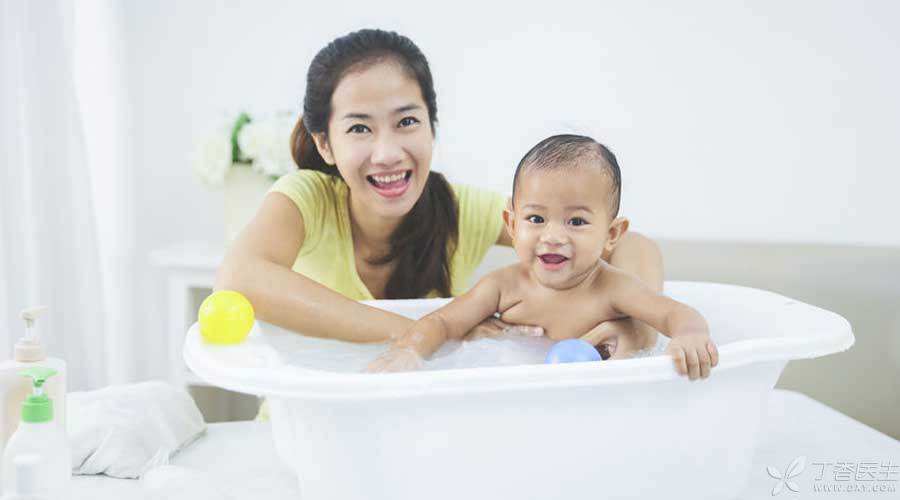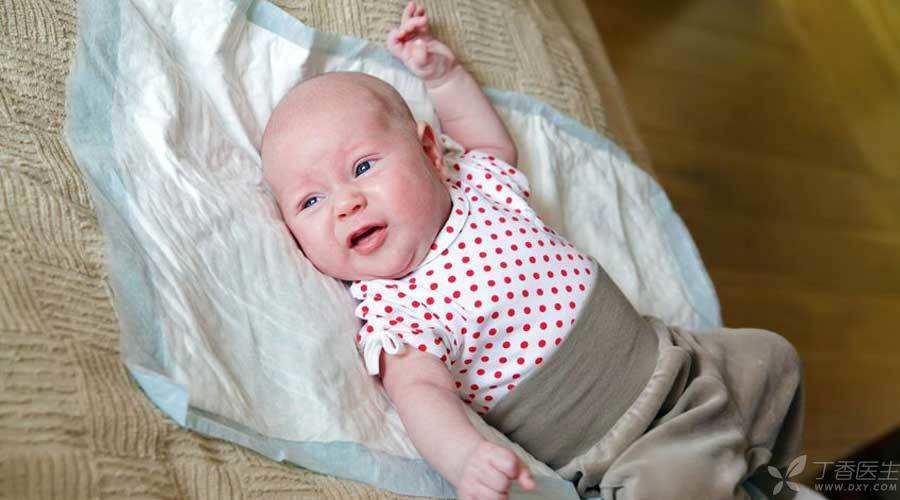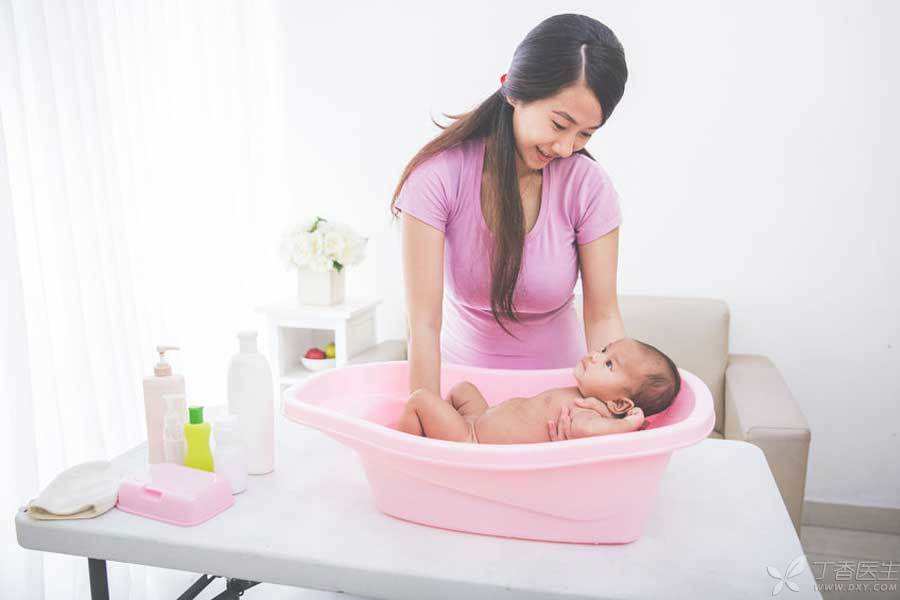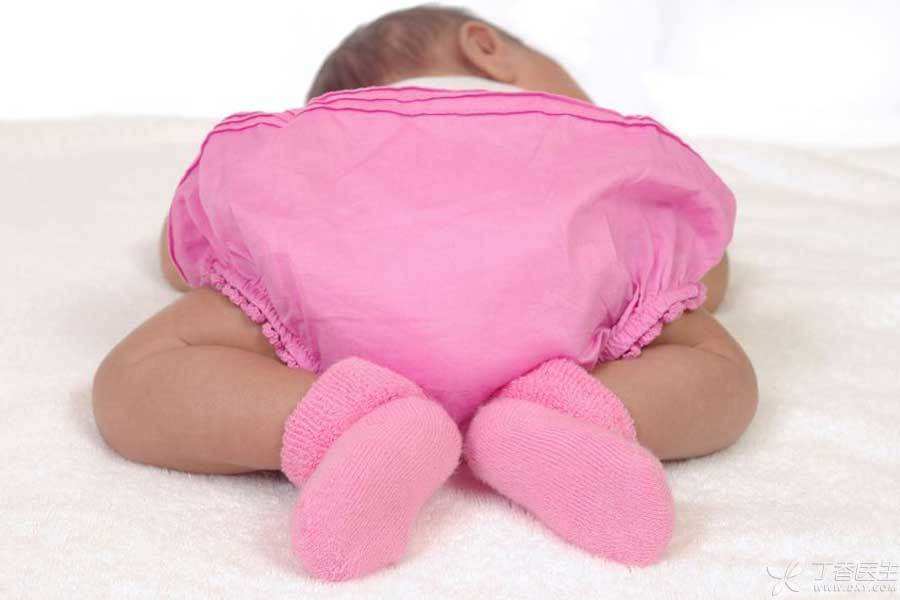Bathing, Baoma Baopa has been washing for so many years, it is not difficult at all. But in the face of delicate babies, how to bathe babies, especially the private parts of babies, Baoma Baopa made difficulties:
How can I wash my baby’s ass?
Are there any precautions for what?
Need a special detergent?
Today, Dr. Clove will talk to you about this somewhat [shameful] but very important topic.
Male treasure mother look over here

1. How to clean?
Gently push the foreskin away, with gentle strength, do not force, do not have to pursue a push away. Forcibly pushing away will cause baby pain, bleeding and even tearing.
After exposing the penis head, clean the inner side of the foreskin with clear water. There is no need to use special detergent and cotton swabs. Clean water is good. Excessive cleaning will cause irritation instead.
Finally, let the foreskin rebound naturally to wrap the penis head.

2. [redundant prepuce] and [phimosis]
Although Ding Ma’s method is good, it is not very easy to clean the baby.
My baby foreskin is very difficult to push away, is there a what problem? Do you need to see a doctor?
When bathing a male baby, many precious mothers and fathers will find that the baby’s penis head is completely covered by foreskin, but can be opened by hand. Other babies’ foreskin is not only long, but also the opening is too narrow. Even if they turn it over by hand, it is difficult to turn out the whole penis head for cleaning.
This is medically called [redundant prepuce] and [phimosis].
However, Baoma and Baopa need not worry too much. Prepuce is too long and phimosis is very common in male babies. The phimosis of infants is mostly physiological phimosis, which is normal.
Prepuce can cover and protect the penis head to a certain extent. With the development of penis, foreskin and penis head can be separated naturally.
However, foreskin coverage is also easy to cause dirt collection and acceptance. It is the most important thing to keep the baby’s pudendum clean.
You can start cleaning after one year old and don’t clean too frequently before three years old.
When cleaning at ordinary times, if you can push away the cleaning, clean the baby with clear water. If it cannot be pushed away, it will not be forced.
3. Attention is needed

Urinary tract infection:
When cleaning, pay attention to observe whether there is any small [foreign body] in the foreskin of the baby. Observe whether the number of times the baby urinates obviously increases, urinates urgently, and urinates and cries. Pay attention to whether the baby is suffering from urinary tract infection.
Dysuria:
It is also necessary to observe whether the urine line is very small when the baby urinates, urine can only be urinated drop by drop, and whether the urethral orifice will bulge into a bag, so as to confirm whether urination difficulty is caused by too thin urethral orifice.
Repeated occurrence of the above situation, you need to see a doctor.
Nvbao’s mother, look over here.

1. How to clean?
When nursing the vulva of a female baby, clean it with running water and gently wipe it with a clean and soft towel.
Don’t rush to clean the places that are not easy to clean. You can clean them with warm water every day, soften them gradually and wash them off slowly.
2. Don’t worry about these situations
False menstruation:

There is blood under my baby, is there a problem with white secretions? Can these secretions be washed clean only with clear water?
A few days after the baby is born, parents may find blood on the baby’s diapers, just like menstruation, but the amount is not large. This kind of situation is called [fake menstruation], which is a normal physiological phenomenon.
False menstruation generally disappears naturally 4 ~ 5 days after the baby is born, so don’t worry too much. If the bleeding lasts for a long time or the amount of bleeding is relatively large, then you need to find a doctor to check if there are any other problems.
Pseudo-leucorrhea:
Baby’s vulva sometimes has some white secretions, which is also a normal physiological phenomenon. These secretions contain substances that can kill bacteria and inhibit bacteria, and have protective effects on baby’s perineum. It is good to clean them with clean water everyday.
Adhesion of labia majora and labia minora:
My baby labia majora and labia minora are glued together. Do you need surgery?
Some parents may find that their baby’s labia majora and labia minora adhere to one piece. In fact, at least 12% of girls aged 3 months to 6 years old have labia adhesion.
Most labial adhesions will disappear when the baby is 6 ~ 18 months old. Although a few may not be separated by the age of 6 or 7, they will basically be separated naturally before and after puberty.
If the baby’s labia majora and labia minora adhere but there is no discomfort in what, don’t worry about it.
At present, the mainstream view is that the labia needs to be separated only when the baby feels uncomfortable or has symptoms, or urinary tract infection occurs frequently.
Whether it is male baby or female baby’s care for private parts, it is most important to keep perineum clean.
If the baby does not feel uncomfortable in daily urination, the precious mothers and fathers need not worry too much or rush to have surgery for those situations that look [abnormal].
If you have difficulty urinating and suspect repeated urinary system infection, you need to see a doctor.
